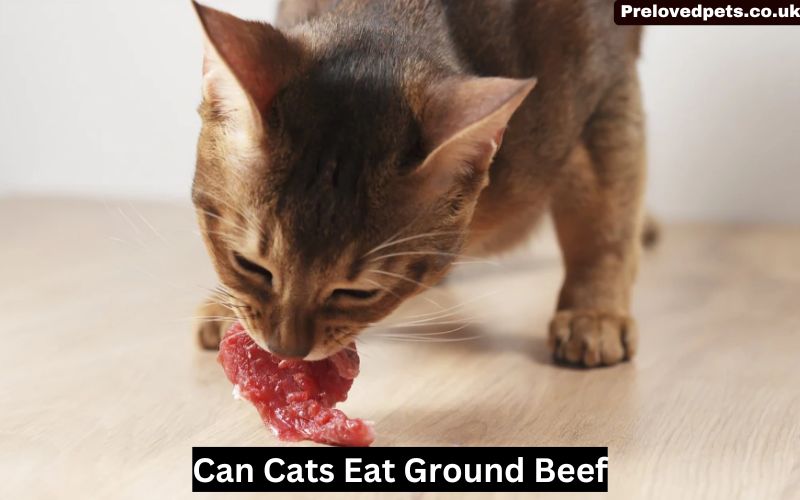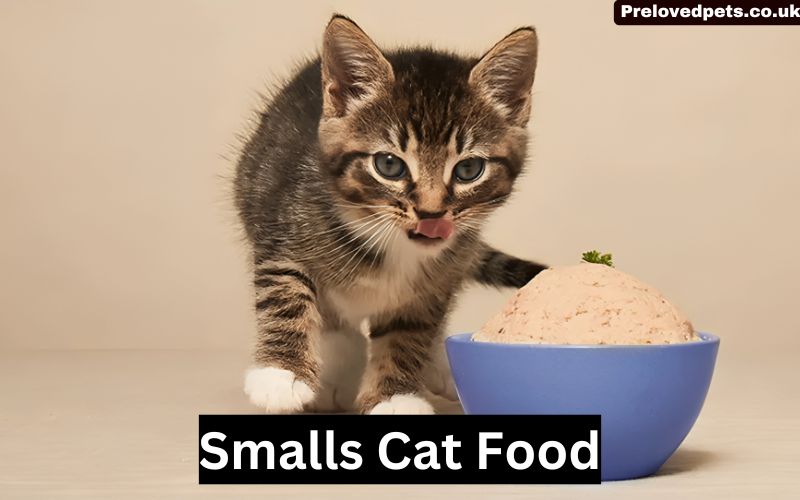Cats are notorious for their love of meat, and the smell of a freshly cooked rotisserie chicken is likely to attract any feline in the vicinity. But is it safe to share this savory treat with your cat? This article delves into the nutritional aspects, potential benefits, and risks of feeding rotisserie chicken to your cat. We will also explore how to safely include chicken in your cat’s diet if you choose to do so.
The Nutritional Needs of Cats
Understanding a Cat’s Diet
Cats are obligate carnivores, meaning their bodies are designed to thrive on a diet that consists primarily of meat. They require a high-protein diet rich in specific amino acids, such as taurine, and other essential nutrients like vitamins A and D, which are naturally found in animal tissues. Unlike humans and some other animals, cats cannot produce these nutrients on their own, so their diet must provide them.
The Role of Protein in a Cat’s Diet
Protein is vital for maintaining a cat’s muscle mass, supporting its immune system, and providing energy. Animal-based proteins are the best source of essential amino acids for cats. While commercial cat foods are formulated to meet these nutritional needs, some cat owners explore adding other sources of protein to their pet’s diet, including cooked meats like rotisserie chicken.
Rotisserie Chicken: What It Is and How It’s Made
The Cooking Process
Rotisserie chicken is a popular food item known for its convenience and flavor. It is cooked on a rotating spit, which allows the chicken to cook evenly while retaining moisture. The chicken is often seasoned with a blend of spices and herbs and basted with oil or butter to enhance flavor and crisp the skin.
Common Ingredients and Seasonings
While the exact ingredients can vary, most rotisserie chickens are seasoned with a combination of salt, pepper, garlic, onion, and various herbs. Some may also include sugar, preservatives, or flavor enhancers. These seasonings and additives, while harmless or even beneficial to humans, can be problematic for cats.
Can Cats Eat Rotisserie Chicken? Analyzing the Components
The Meat: Protein and Nutrient Content
At its core, rotisserie chicken is a source of lean protein, which is beneficial for cats. The meat provides essential amino acids and other nutrients that support a cat’s overall health. However, the nutritional value of the meat can be compromised by the way it is prepared.
The Skin and Seasonings: Potential Hazards
The skin of rotisserie chicken is where most of the seasonings and added fats reside. While a small amount of plain, unseasoned chicken meat may be safe for cats, the skin and any heavily seasoned parts can be harmful. Ingredients such as garlic and onion are toxic to cats and can cause gastrointestinal upset, anemia, or even more severe health issues if ingested in large quantities.
The Bones: A Serious Risk
One of the biggest dangers of feeding rotisserie chicken to cats is the presence of bones. Cooked chicken bones become brittle and can easily splinter, posing a choking hazard or causing damage to a cat’s digestive tract. These splinters can lead to life-threatening conditions such as punctures or blockages.
Health Risks Associated with Feeding Rotisserie Chicken to Cats
Sodium Content and its Effects
Rotisserie chicken is typically high in sodium due to the seasoning and preservation process. Cats have a much lower tolerance for sodium compared to humans, and excessive sodium intake can lead to symptoms such as vomiting, diarrhea, tremors, and in severe cases, sodium ion poisoning.
Fat Content and Obesity Risk
The skin and any added oils or fats in rotisserie chicken contribute to its overall fat content. While cats need fat in their diet, too much can lead to obesity, pancreatitis, or other health problems. Obesity in cats is a growing concern and can lead to other conditions such as diabetes, joint issues, and a shortened lifespan.
Potential Allergies and Intolerances
Some cats may have allergies or intolerances to certain ingredients found in rotisserie chicken, such as spices or preservatives. Signs of an allergic reaction can include itching, swelling, gastrointestinal upset, or respiratory issues. If your cat has a known food allergy, it’s best to avoid giving them rotisserie chicken altogether.
The Benefits of Chicken in a Cat’s Diet
Lean Protein Source
When prepared correctly, chicken can be an excellent source of lean protein for cats. It supports muscle development, provides energy, and is generally well-tolerated by most cats. Lean cuts of chicken, without skin, bones, or seasoning, can be a healthy addition to a cat’s diet.
Palatability and Hydration
Chicken is not only nutritious but also highly palatable for cats, making it a good option for picky eaters. Additionally, chicken contains a high amount of moisture, which can help with hydration, especially for cats that may not drink enough water.
Safe Ways to Include Chicken in Your Cat’s Diet
Cooking Chicken for Cats: Best Practices
If you want to include chicken in your cat’s diet, it’s important to prepare it safely. Always cook the chicken thoroughly to eliminate any harmful bacteria, such as Salmonella or E. coli, which can be present in raw poultry. Avoid adding any seasonings, oils, or butter, and remove the skin and bones before serving.
Portion Control and Frequency
Moderation is key when feeding chicken to your cat. Chicken should not replace a balanced cat food diet but can be given as an occasional treat. Limit the portion size to avoid overfeeding, and ensure that the majority of your cat’s diet consists of complete and balanced cat food.
Commercial Cat Foods with Chicken
For cat owners who want to provide chicken as part of a balanced diet, there are many commercial cat foods available that include chicken as a primary ingredient. These products are formulated to meet all of a cat’s nutritional needs and offer a safe and convenient option.
What to Do If Your Cat Eats Rotisserie Chicken
Recognizing Signs of Distress
If your cat accidentally eats rotisserie chicken, monitor them closely for any signs of distress. Symptoms to watch for include vomiting, diarrhea, lethargy, excessive thirst or urination, difficulty breathing, or signs of pain. If any of these symptoms occur, it’s important to seek veterinary care immediately.
Immediate Steps to Take
If you catch your cat in the act of eating rotisserie chicken, try to remove any remaining chicken and check for any bones or large pieces that could pose a choking hazard. Offer your cat plenty of water to help flush out any excess sodium or spices they may have ingested.
When to Contact a Veterinarian
If your cat shows any signs of distress or illness after eating rotisserie chicken, or if they have ingested a significant amount, contact your veterinarian right away. It’s better to err on the side of caution, as some ingredients in rotisserie chicken can be toxic to cats.
Alternative Treats for Cats
Cooked Chicken Breast
For a safe and healthy alternative to rotisserie chicken, consider offering your cat plain, cooked chicken breast. This lean cut of meat is free from skin, bones, and harmful seasonings, making it a safe option for occasional treats.
Commercial Cat Treats
There are many commercial cat treats available that are specifically formulated to be safe and nutritious. These treats often come in flavors that mimic real meat, including chicken, and can be a satisfying and safe option for rewarding your cat.
Wet Cat Food
If your cat enjoys the taste of chicken, you can also provide them with wet cat food that contains chicken as a primary ingredient. Wet food is not only palatable but also helps with hydration, making it a good choice for cats that may not drink enough water.
See Also: Can Ducks Eat Mushrooms?
Conclusion
In summary, while the meat of rotisserie chicken itself is not inherently dangerous, the way it is prepared and seasoned can pose significant risks to cats. The high sodium content, potential toxic seasonings, and the presence of bones make rotisserie chicken a poor choice for feeding your feline friend. Instead, opt for plain, cooked chicken without any additives, or choose commercial cat foods and treats that provide a balanced and safe option.
It’s always important to prioritize your cat’s health and well-being by providing them with a diet that meets their specific nutritional needs. If you’re ever in doubt about what foods are safe for your cat, consult with your veterinarian to ensure that your feline companion stays healthy and happy.




